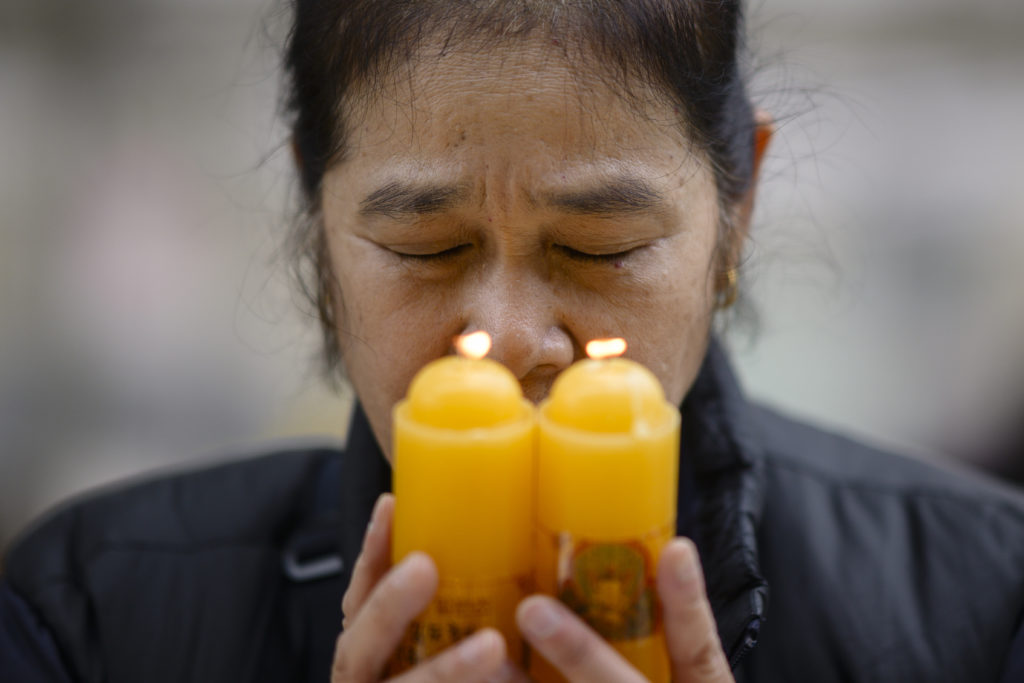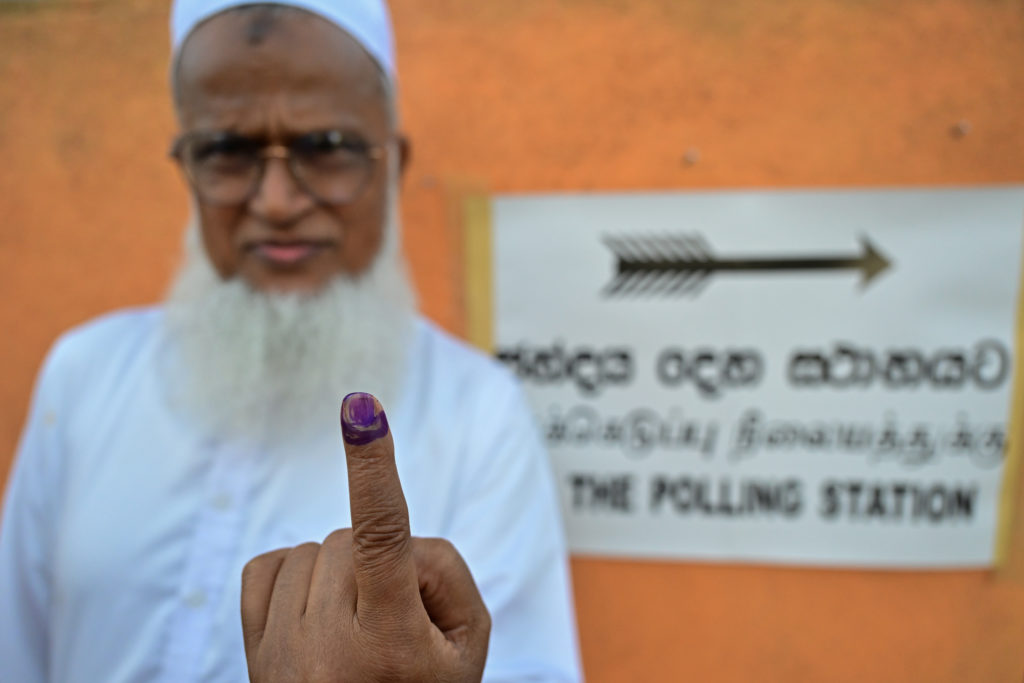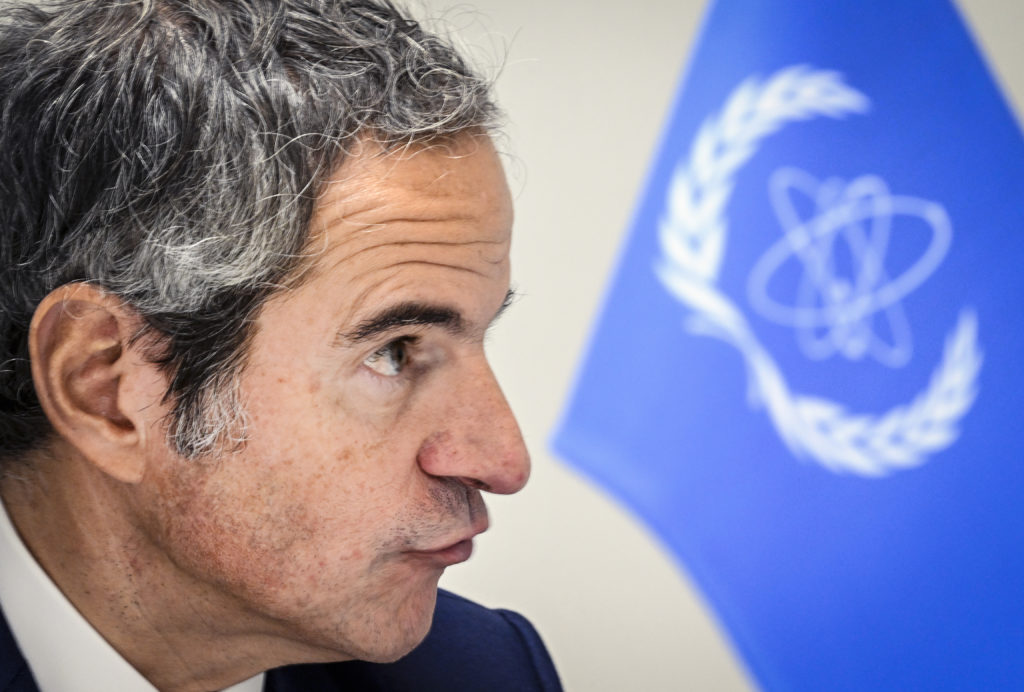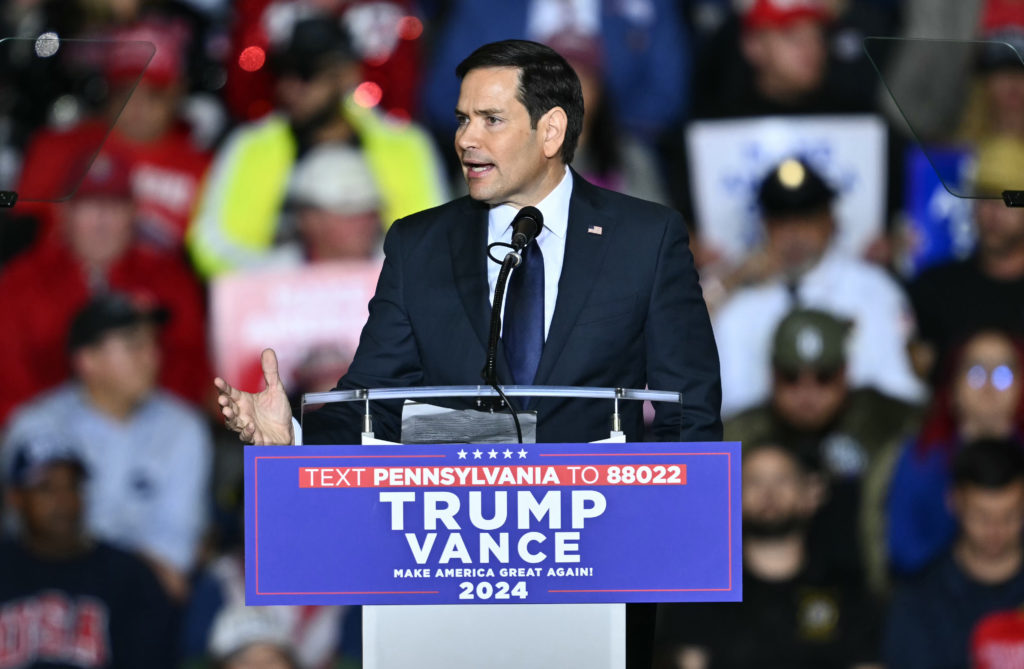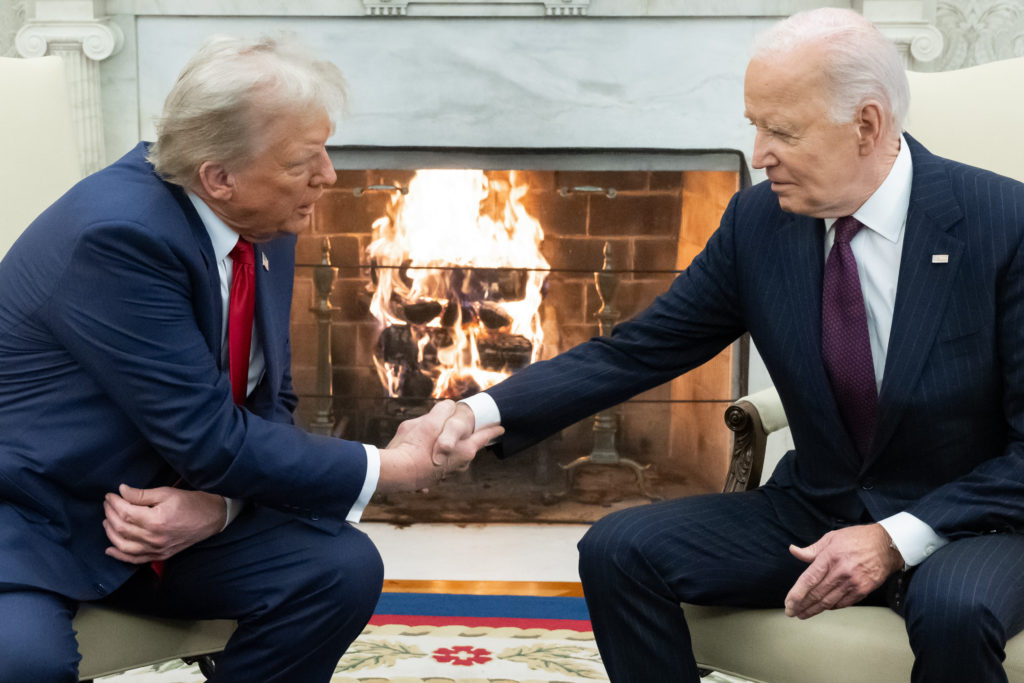Investors reacted nervously on Monday after leftist millennial Gabriel Boric was elected Chile’s youngest-ever president, beating out his far-right rival with promises of creating a “welfare state.”
Boric, who at 35 is one of the youngest presidents in the world, made his first official appearance on Monday, meeting center-right President Sebastian Pinera, who leaves office next March with low approval ratings.
Painted by his detractors as a “communist,” Boric succeeded in mobilizing record turnout Sunday and garnered nearly 56 percent of votes cast, compared to 44 percent for ultra-conservative, pro-free market Jose Antonio Kast.
The streets of Santiago and other cities erupted in overnight celebrations at Boric’s victory, which closed a polarizing runoff race.
But the market reaction on Monday was frosty.
The SP IPSA index opened 6.83 percent down, while the Chilean peso ceded 3.02 percent to the US dollar to start the day at 872.61.
Analyst Nikhil Sanghani of Capital Economics said Boric’s victory was “another sign that the country is moving towards greater state intervention in the economy.”
“The public debt-to-GDP ratio looks set to rise much further under the new government,” he added, which will contribute to keeping “local financial markets under pressure.”
In November, the IPSA index gained more than nine percent when Kast came out on top in the first election round and the peso rebounded by 3.5 percent to 800 to the dollar.
– ‘Viva Chile!’ –
On Sunday night, tens of thousands of Chileans took to the streets to celebrate Boric’s victory, honking car horns in approval, brandishing pro-Boric placards, waving the rainbow LGBTQ flag and shouting: “Viva Chile!”
Fireworks lit the skies for hours on end.
On Monday, workers with a banner reading: “Hope won over fear. Civil servants welcome you president,” met Boric at the La Moneda presidential palace ahead of his sit-down with Pinera.
Boric had campaigned on the promise of increasing taxes and social spending to tackle Chile’s yawning gap between rich and poor.
But his alliance with Chile’s Communist Party made many uneasy in a country deeply suspicious of far-left economic doctrine since the hardships suffered under Marxist President Salvador Allende, partly due to a US blockade.
Boric vowed in his first official address Sunday to “expand social rights” in Chile, but to do so with “fiscal responsibility.”
“We will do it protecting our macro-economy, we will do it well… to improve pensions and health care,” he said.
Kast, an apologist for brutal dictator Augusto Pinochet, who ousted Allende in a coup d’etat, congratulated Boric on a “great triumph.”
Pinochet left Chile with the neo-liberal economic model credited with its relative wealth but blamed for its deep-rooted social inequality.
According to Chile’s Servel election body, Sunday’s turnout was more than 55 percent of Chile’s 15 million eligible voters — a record since voting became voluntary in 2012.
“Boric managed to mobilize the segment that is more difficult to mobilize, which is the segment of young people,” Claudia Heiss of the University of Chile told AFP.
“All (Kast’s) anti-rights, anti-women, anti-gay speech, I think it helped mobilize that young segment,” she said.
– ‘President of all Chileans’ –
The new president faces the difficult task of healing a society reeling from an antagonistic campaign.
For a country that has voted centrist since the ousting of Pinochet 31 years ago, it was a stark choice between two polar opposite political outsiders.
Boric on Sunday reiterated his plans for “a more humane Chile, a more dignified Chile, a more egalitarian Chile.”
Congratulations poured in from elsewhere in Latin America, from Brazil’s ex-president Luiz Inacio Lula da Silva, Cuban leader Miguel Diaz-Canel and Argentina’s Alberto Fernandez on the left, to right-wing presidents Ivan Duque of Colombia and Guillermo Lasso of Ecuador.
Pink Floyd singer Roger Waters also sent felicitations, saying: “Here’s to you, to the people of Chile, bravo! Bravo!” in a video on Twitter.
Boric’s Frente Amplio (Broad Front), which is part of an alliance that includes Chile’s Communist Party, has never been in government.
Chile is going through profound change after voting overwhelmingly last year in favor of replacing the Pinochet-era constitution.
The 2020 referendum was in response to an anti-inequality social uprising in 2019 that left dozens dead and rocked the economy and political establishment.
The drafting process, in the hands of a largely left-leaning body elected in May, must yield a constitution for approval next year, on the new president’s watch.


